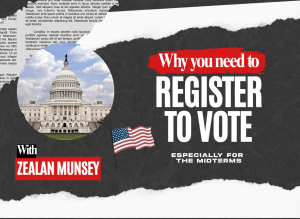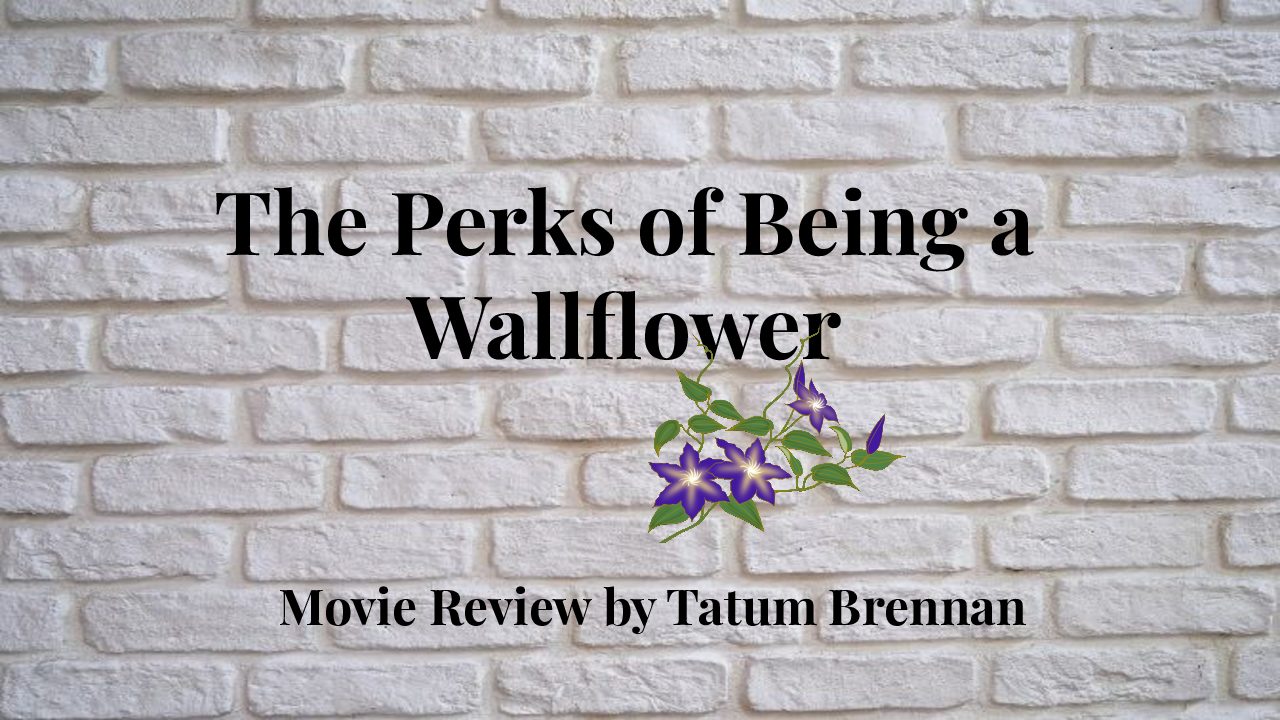Editorial
December 3, 2018
Words are powerful. They hold the ability to impact someone’s emotions seriously—when used hatefully, they can be extremely detrimental. While language can foster inclusion, it can also repress: It’s no coincidence that the people who most often deem the world too sensitive and politically correct are the ones who are privileged enough not to experience such prejudice. Unfortunately, everyone is guilty of throwing words around carelessly at times. Of course, people don’t always have ill intentions. They might say they’re “just joking around,” or that they “didn’t mean it that way.” Ultimately, many don’t realize that some offensive words carry centuries worth of hate. The English language is constantly evolving, and because of this, the original meaning of hurtful expressions can get lost throughout time. The unavoidable fact is that these phrases derive from stereotypes and were meant to dehumanize. Continuing to normalize demeaning speech and derogatory words in casual conversations will only continue to perpetuate the hate of the past. Words aren’t merely words, and the weight they hold can harm members of certain groups in ways we’ll probably never truly understand without being in their shoes. Many might argue that words are inherently meaningless, but it’s the people and historical context that give them weight in everyday interactions. To understand the history behind offensive language is to understand why these words hurt. It’s not about trying to be politically correct, but educating yourself regarding the origin of these words before using them so carelessly. Once you say something, it can be forgiven—but never forgotten.






